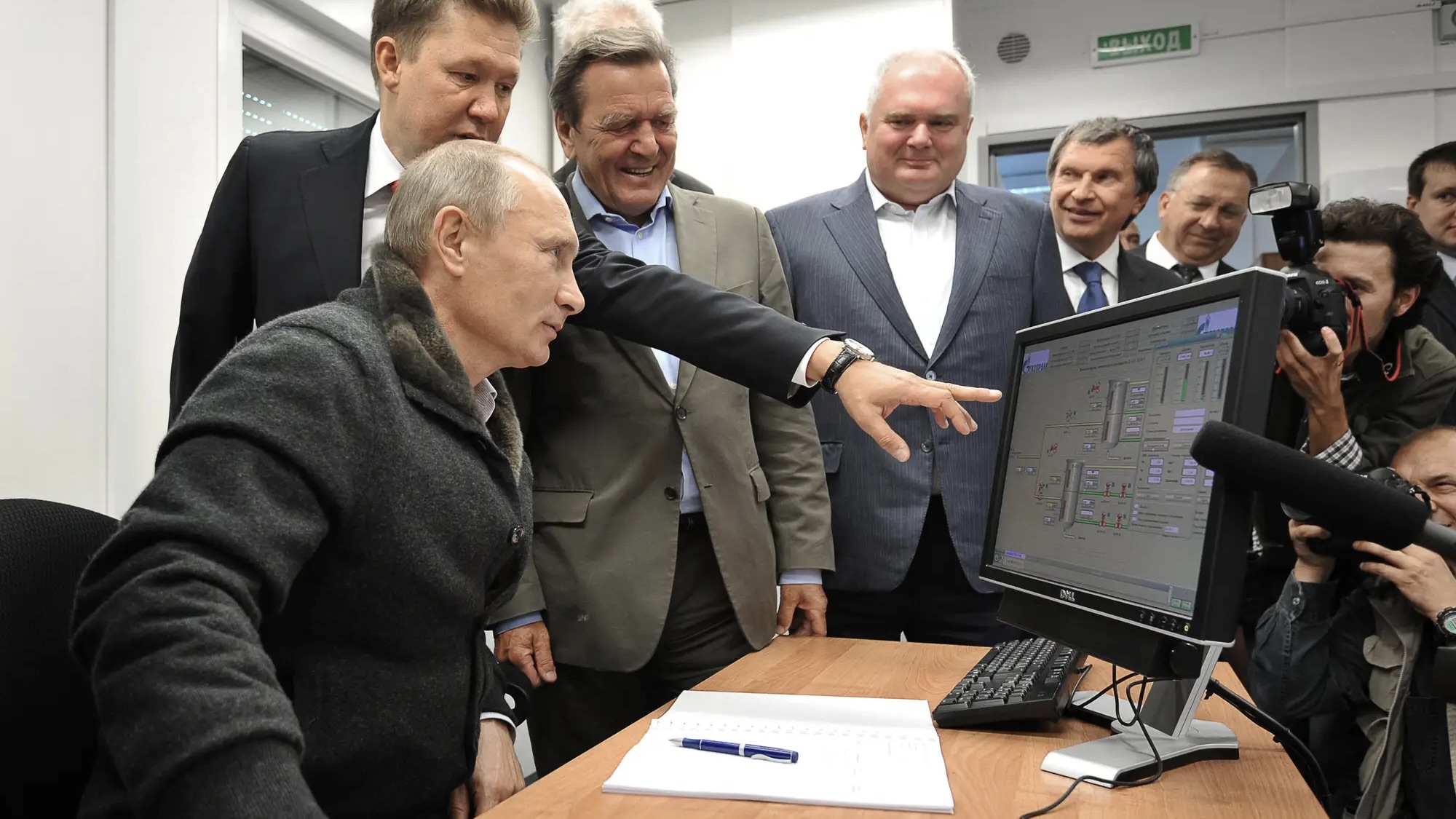Russia's homegrown Wikipedia promises a 'different direction' from its inspiration: One where Yevgeny Prigozhin just happened to explode in mid-air
Launched in January, Ruwiki is another attempt by Russia to secure domestic "digital sovereignty."

With the exodus of so much western technology from Russia following its 2022 invasion of Ukraine, one of Vladimir Putin's priorities has been the attainment of "digital sovereignty": homegrown tech (and tech companies) that can't be yanked away by western rivals when Russia does something to displease them.
Efforts at digital sovereignty have taken many forms: Banning VPNs, investigating the possibility of a national game engine, and even the creation of a Russian Valve. But it's also taken the form of Ruwiki (via 404), a self-censoring domestic alternative to Wikipedia that copies over vast swathes of content with all politically dangerous content quietly excised.
Ruwiki is helmed by former Wikimedia RU head Vladimir Medeyko. Wikimedia RU—the Russian branch of the Wikimedia Foundation—was hastily shuttered last year after one of its other heads, Stanislav Kozlovsky, was made aware he risked being added to the Russian government's list of "foreign agents," and was made to resign from his 25-year post at Moscow State University.
Medeyko experienced no such trouble, and has slotted into his new position at Ruwiki with a pledge to take it "in a different direction" to plain old Wikipedia. In a post announcing the project's launch, he claimed it was not backed financially by the Russian state, but rather "investors who believe in the project." Its servers and data are all stored inside Russia. It launched in full back in January, but only really came to my attention thanks to 404's reporting.
That different direction is, as you might have guessed, one far more compliant with the general timbre of modern Russian propaganda than you can find on Wikipedia. For instance, Ruwiki's article on Yevgeny Prigozhin—the departed leader of the Wagner private military company—is a fair bit shorter than Wikipedia's Russian-language version.
Where Wikipedia's version says (translated) "the order to kill Prigozhin was almost certainly given by Putin," Ruwiki merely notes that Prigozhin died in a plane crash and that Putin extended his condolences. The article on the crash itself is a similarly précised version of the events and speculation surrounding Prigozhin's death.
Similar quirks of editing and emphasis can be found across the website. The article on the poisoning of Sergei Skripal—a former Russian spy who worked as a double agent for the UK—goes to great lengths to express Russia's official stance on the issue, and omits reference to a British, American, German, and French joint statement that pointed a finger at Russia as the party responsible for the attack from its "Positions of other countries" section.
Keep up to date with the most important stories and the best deals, as picked by the PC Gamer team.
Likewise, entries on the Russian invasion of Ukraine are predictably edited: The article itself is titled "Military operations in Ukraine (from 2022)," the official euphemism for the war that the Russian government has deployed since it began.
For now, Ruwiki exists alongside Wikipedia's Russian-language version, which continues after Wikimedia RU's closure, although it's anyone's guess as to how long that will stay true. Wikipedia is a regular target of attacks by the Russian government, and although the state said it had no plans to block the website in April last year, that was before Ruwiki got off the ground.

One of Josh's first memories is of playing Quake 2 on the family computer when he was much too young to be doing that, and he's been irreparably game-brained ever since. His writing has been featured in Vice, Fanbyte, and the Financial Times. He'll play pretty much anything, and has written far too much on everything from visual novels to Assassin's Creed. His most profound loves are for CRPGs, immersive sims, and any game whose ambition outstrips its budget. He thinks you're all far too mean about Deus Ex: Invisible War.

